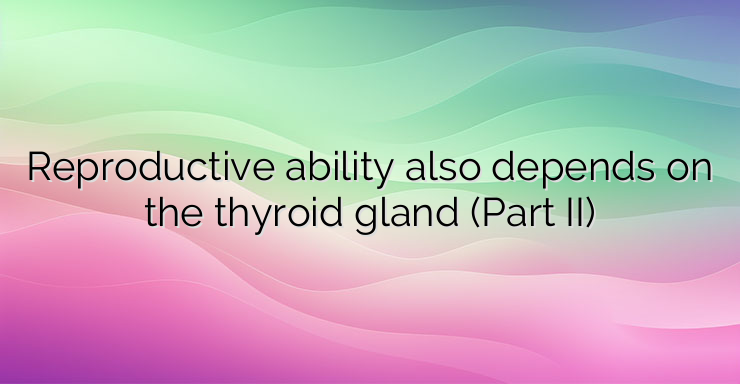Hey there! Let’s dive into understanding thyroid health during pregnancy.
To diagnose any thyroid issues, doctors usually check the levels of antibodies to thyroglobulin and microsomal antigens, along with the hormones FT3, FT4, and TSH. They also conduct an ultrasound of the gland. At the beginning, things might seem fine (called euthyroid), but over time, it can develop into hypothyroidism, which is why regular monitoring is crucial. Pregnancy can make thyroid problems worse, like causing gestational thyrotoxicosis or chitothyroidism, which aren’t great for mom or baby.
The thyroid plays a vital role during pregnancy, affecting fetal development, bone growth, and even the central nervous system. It helps maintain pregnancy until the placenta forms and supports the functions of the corpus luteum. While a small amount of maternal thyroid hormones reaches the baby, the fetus mostly relies on the mother’s iodine intake for thyroid function.
Iodine is super important during pregnancy. If a pregnant woman doesn’t get enough, it can lead to thyroid problems in both her and the baby. The World Health Organization recommends 200 mcg of iodine daily for pregnant and breastfeeding women.
Now, what’s endemic goiter? It’s when the thyroid gland enlarges due to iodine deficiency, especially common in areas with low iodine levels. In mild cases, it’s just an enlargement, but in severe cases, it can lead to hypothyroidism.
So, if you’re planning to get pregnant or already expecting, it’s wise to see an endocrinologist for thyroid hormone tests and a gland ultrasound. Taking care of your thyroid means taking care of you and your little one!


Leave a Reply